Bark vs. Straw Mulch
If you're looking for a mulch solution for your landscaping, you might be wondering what kind is best for your needs. Bark and straw mulch are the two most common choices when looking for mulch for sale. Understanding what each method brings to the table will help you make the best decision for your landscaping project. Here's how the two compare.
What Is Straw Mulch?
Straw mulch consists of the dried stems left after grains, such as wheat and oats, have been harvested. Ensuring that most of the seeds have been removed can boost the effectiveness of the mulch. If you have a vegetable garden, straw mulch is an excellent choice -- this mulch efficiently suppresses weed growth, moderates soil temperature fluctuations, and controls moisture loss.
Suppose you want to keep your garden clean. In that case, straw mulch would be an excellent choice. This mulch minimizes splashing, which helps keep your produce clean. There are, however, some things to keep in mind when using straw mulch. First, ensure that you have clean straw instead of hay. Hay contains seeds, which can germinate and create a weed problem if used for mulching. You must also apply a nitrogen source to the soil before planting, as straw mulch reduces soil nitrogen. Straw mulch requires you to lay it only when the vegetables have been growing for a few weeks. Putting this mulch in the garden before the seeds germinate is the surest way to kill your plants.
What Is Bark Mulch?
Bark mulch is made from tree bark waste, sourced from furniture manufacturers and sawmills. Many companies prefer turning this wood waste into usable products, and mulching is an excellent way to do so. Bark mulch is also low-cost, making it an ideal choice for households on a budget. Bark mulch could also be made from specially selected wood. In this case, you can expect the bark mulch to be more expensive. While this mulch comes in the form of small nuggets or shredded flakes, it guarantees excellent absorption. Bark mulch is suitable for alkaline and neutral soils.
Is Bark Mulch Biodegradable?
Bark mulch is made from organic plants, meaning it's biodegradable. Generally speaking, it has an aesthetic lifespan of up to two years. On the other hand, bark mulch made specifically of wood chippings could last as long as four to seven years. However, you can only add a new layer of bark mulch if the initial one is completely disintegrated.
According to Off Grid Grandpa, straw mulch has a three to six-month lifespan. Using twigs for straw mulching could increase the lifespan to about 12 months. Straw takes a significantly longer amount of time to decompose fully. That said, you can add straw mulch without waiting for the initial layer to disintegrate.
How Much Moisture Do the Mixtures Retain?
A vital step in choosing the correct mulching method is considering the mixture's moisture retention. Both bark and straw mulching methods have excellent moisture and temperature retention rates. That said, woody mulches are associated with the most exceptional moisture retention rates. Bark mulch takes a significantly long time to disintegrate, ensuring that the stems and trunks of your vegetables don't get ruined.
On the other hand, straw mulches are especially suitable for regions with no slugs. Their lower moisture retention rates make them ideal for large plants, including tomatoes, squash, and strawberries. Some plants prefer more moisture than others, so be sure to research what's best for your garden.
Can Bark Mulch Keep Your Soil Warm?
Winter protection is among the most critical elements when selecting a mulching method. The idea is to get an approach that ensures your plants are healthy this winter. Bark and wood-based mulches, for instance, offer unrivaled winter protection to your plants. You can attribute this to their high-temperature retention and control rates, as the mulch can keep your soil warm for longer. In contrast, straw mulch comes in handy in regions with relatively high temperatures. Its porous nature might be preferable for your climate, depending on where you live.
Your garden is an excellent investment, and it's worth treating it as such -- choosing the right mulch for your garden is an important step. Are you looking for mulch for sale? Call Red Bark Inc today for in-depth insights into which method is right for you.


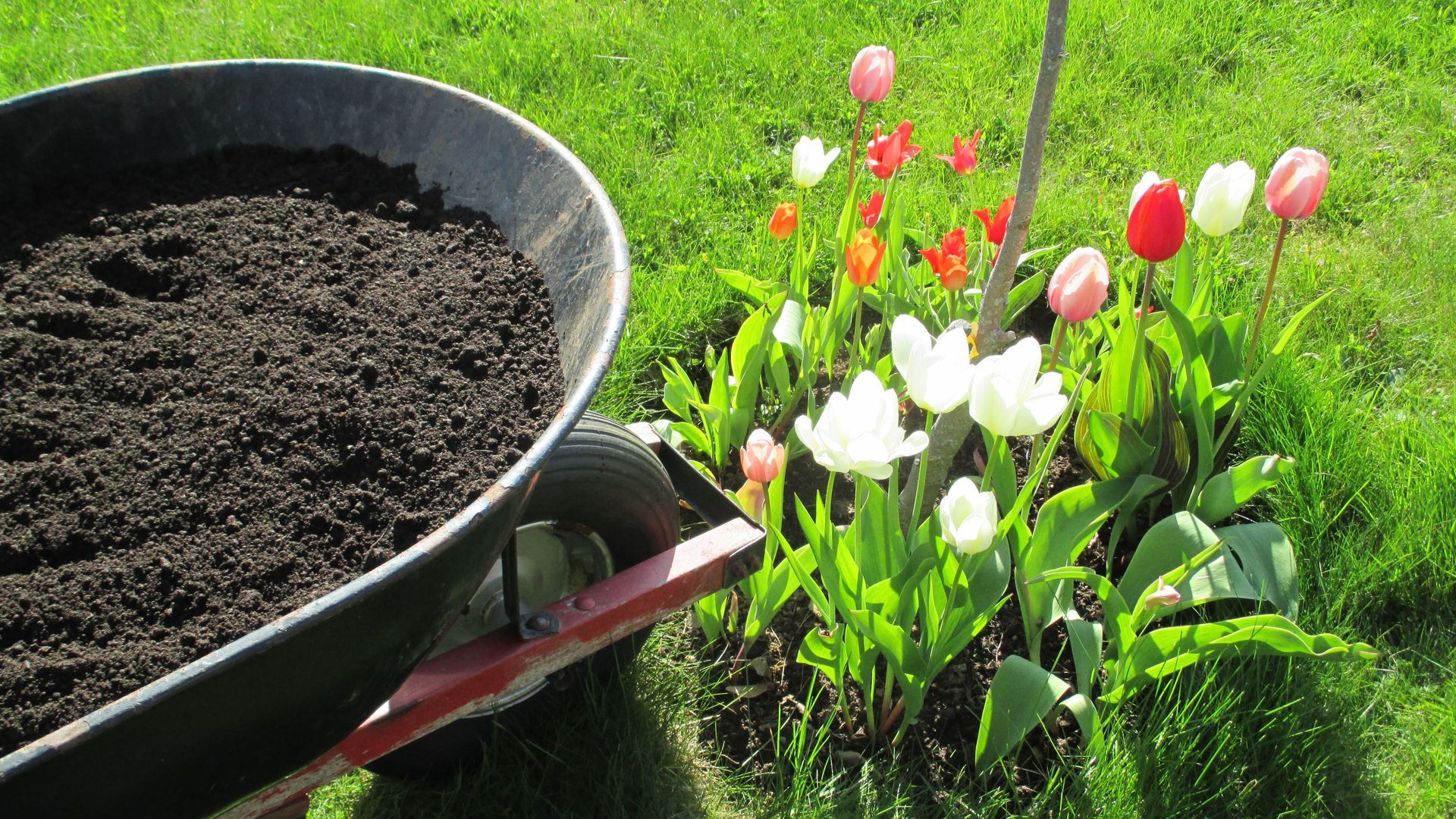
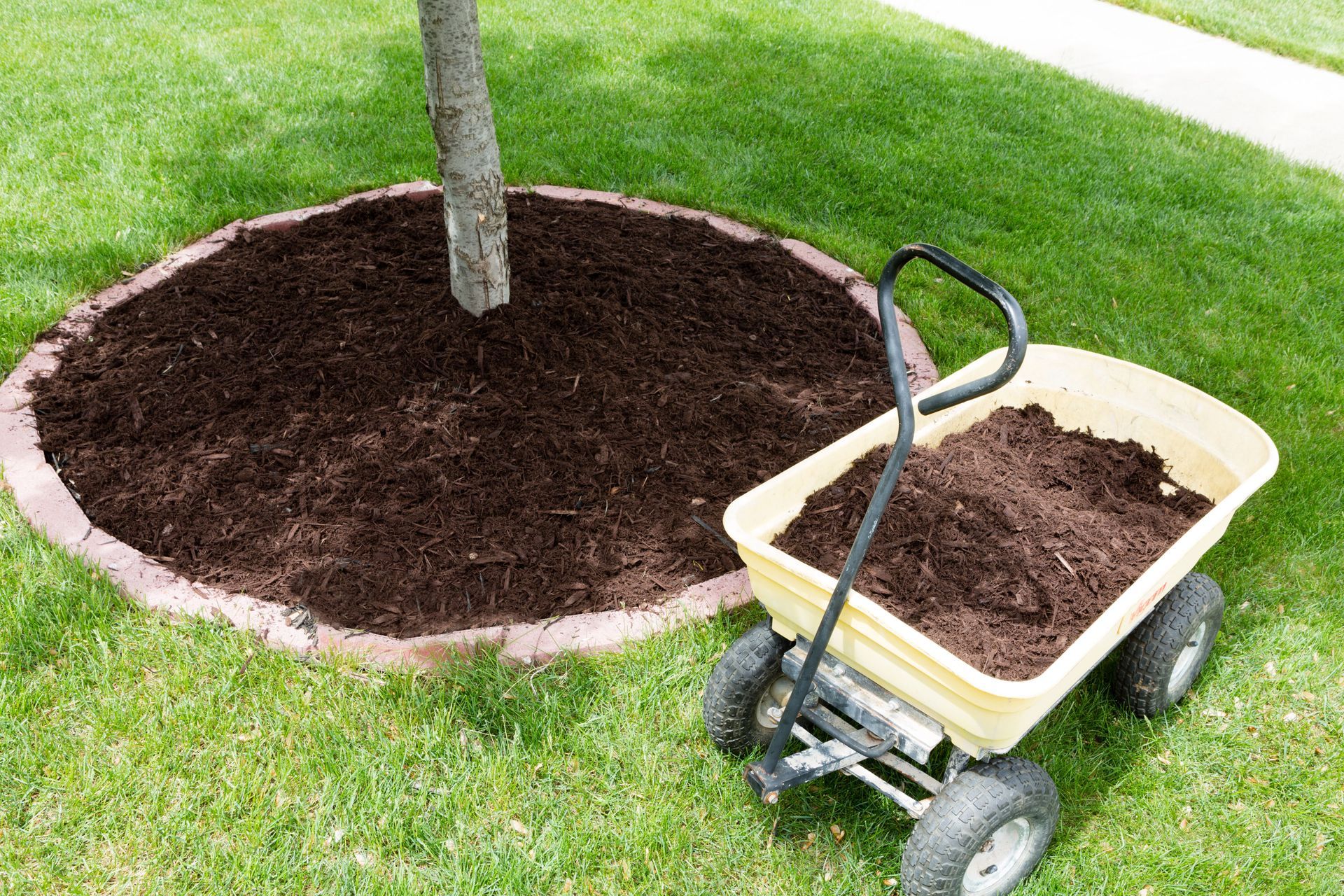
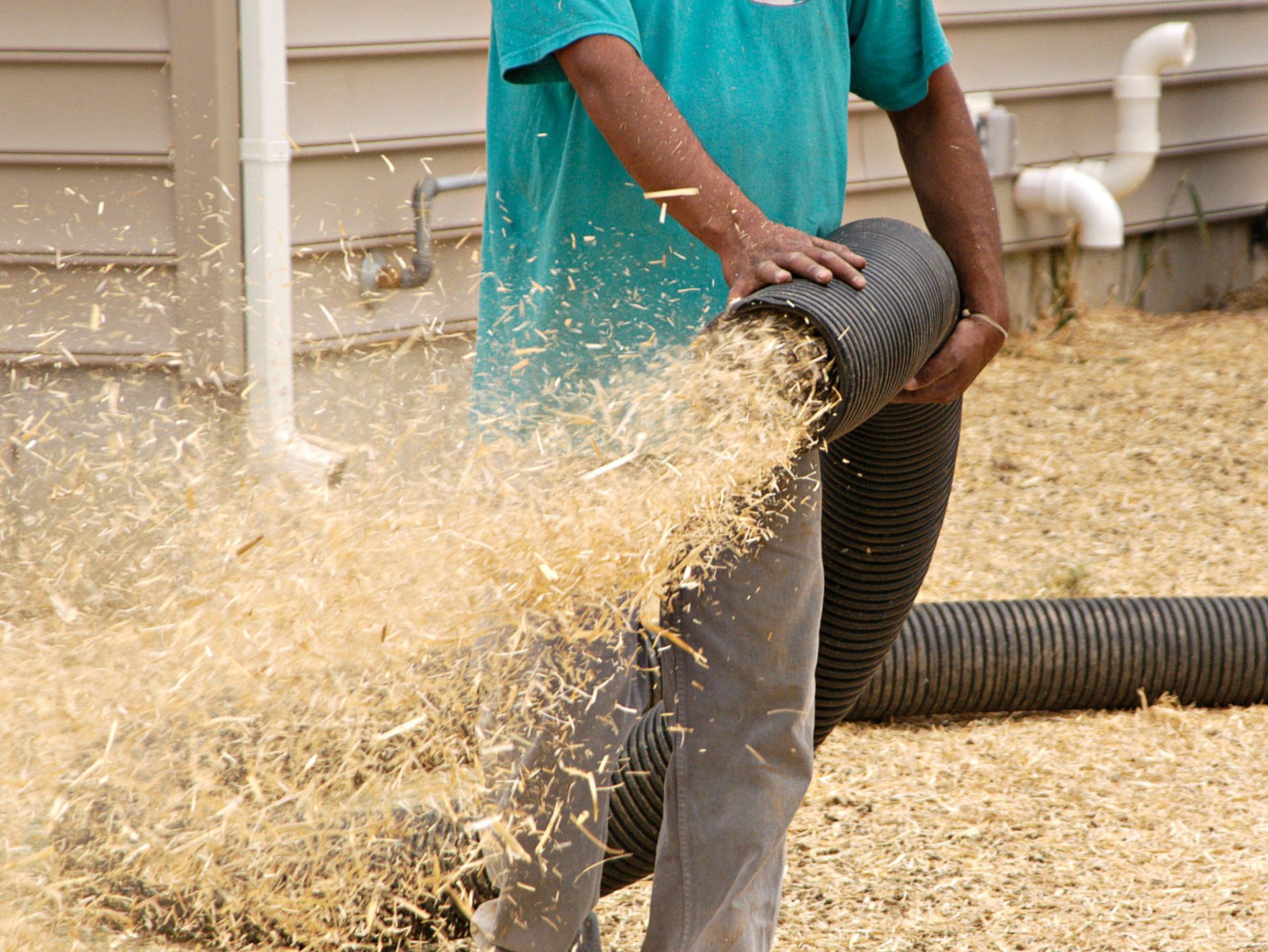
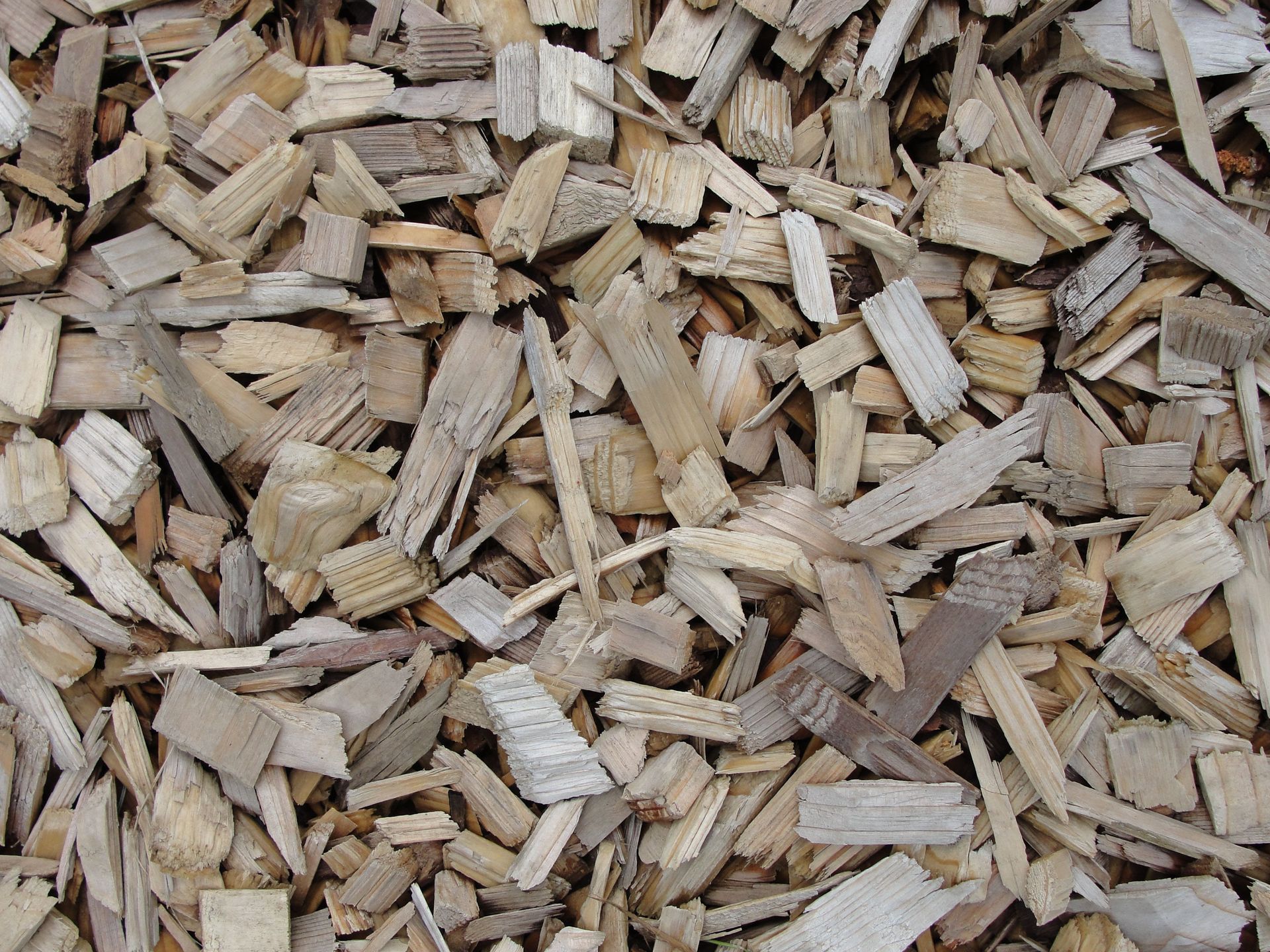
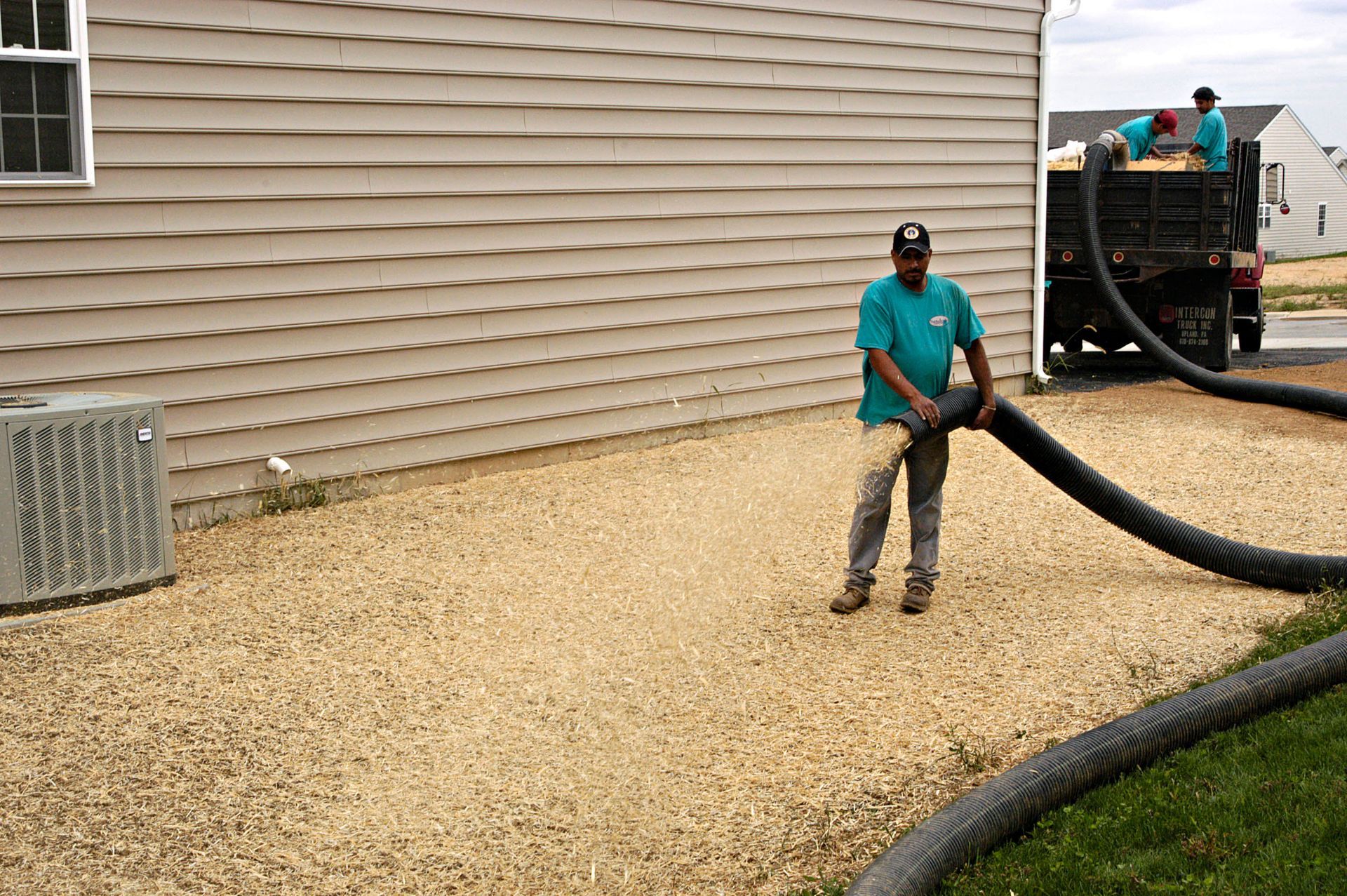
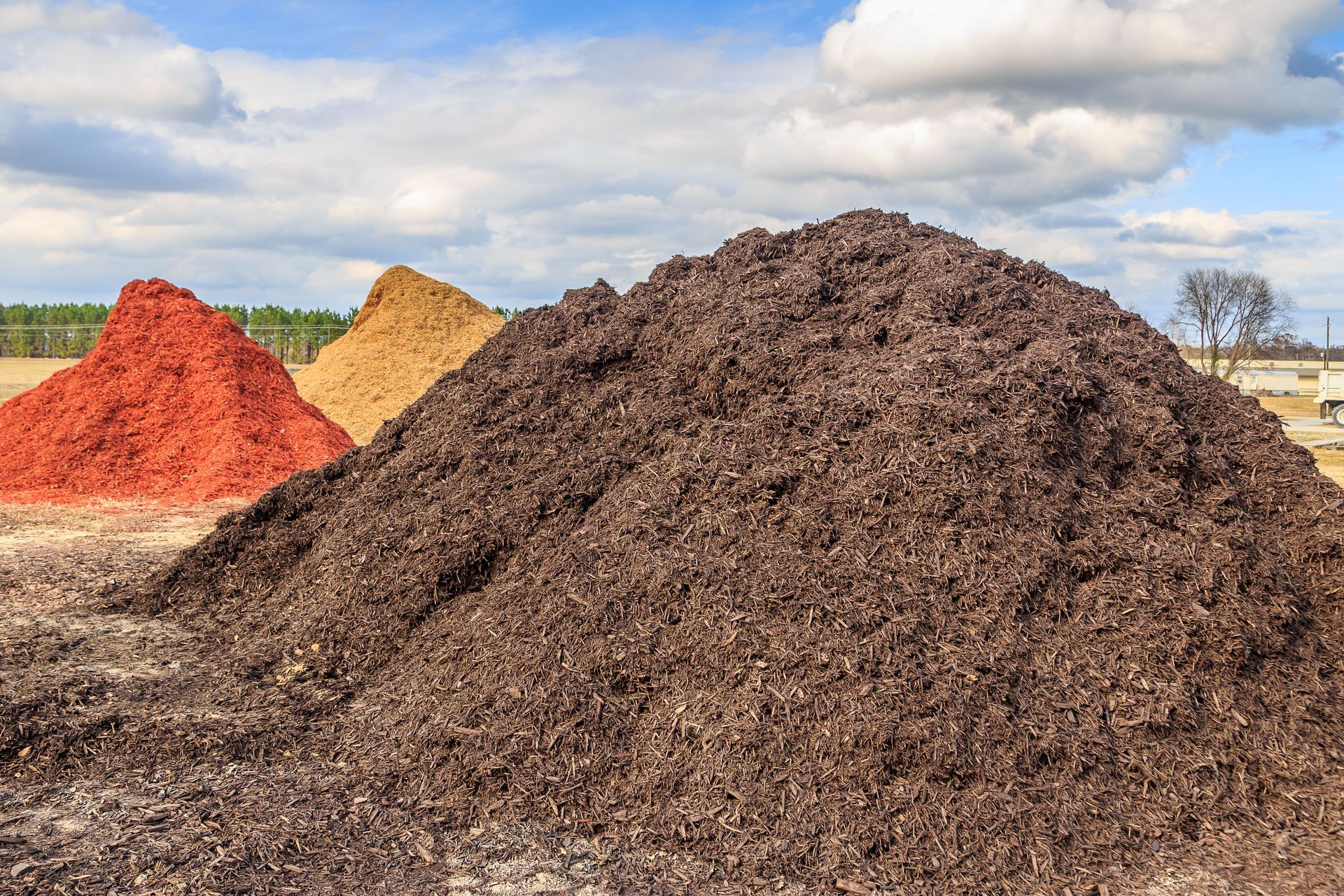
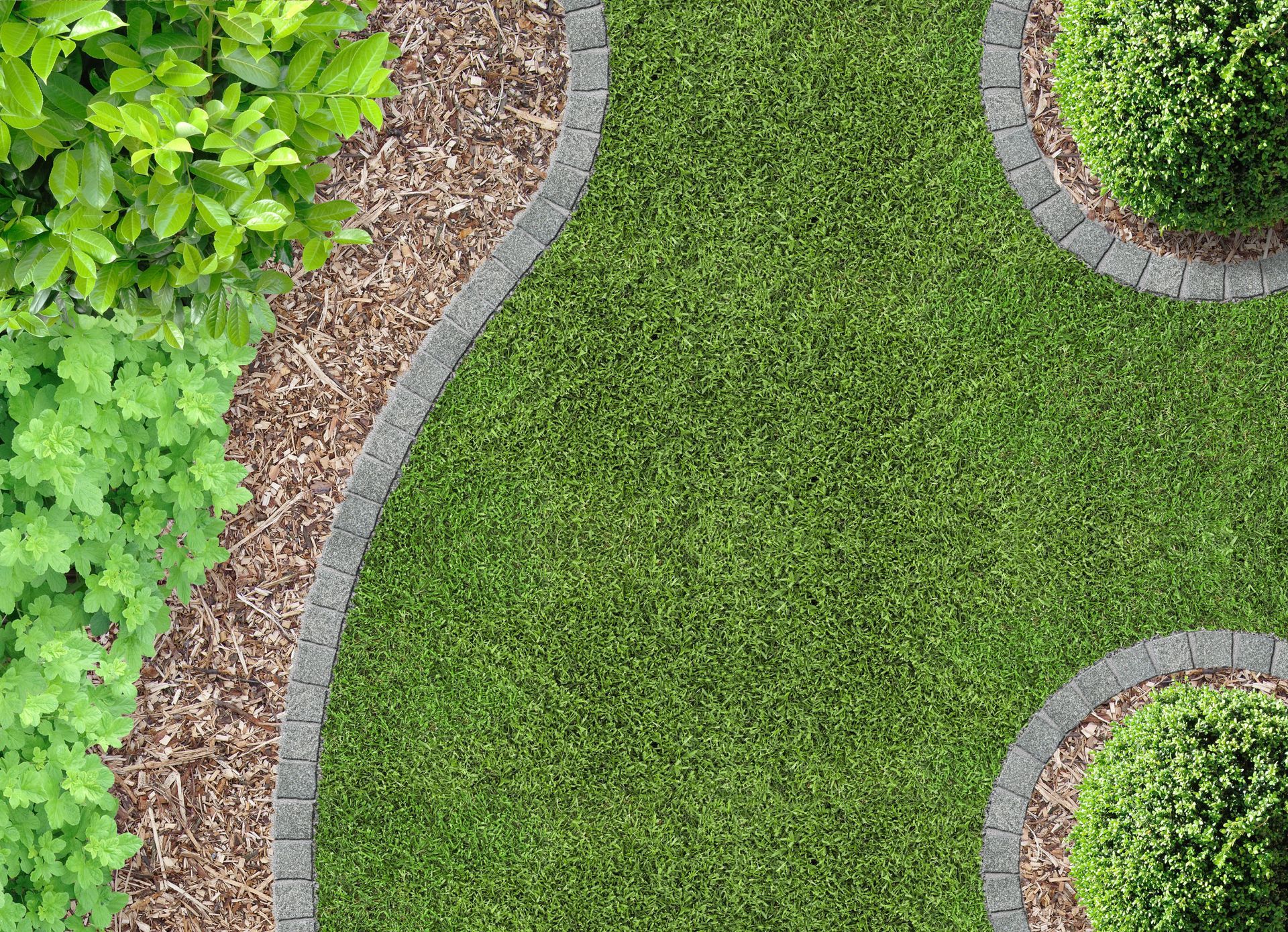
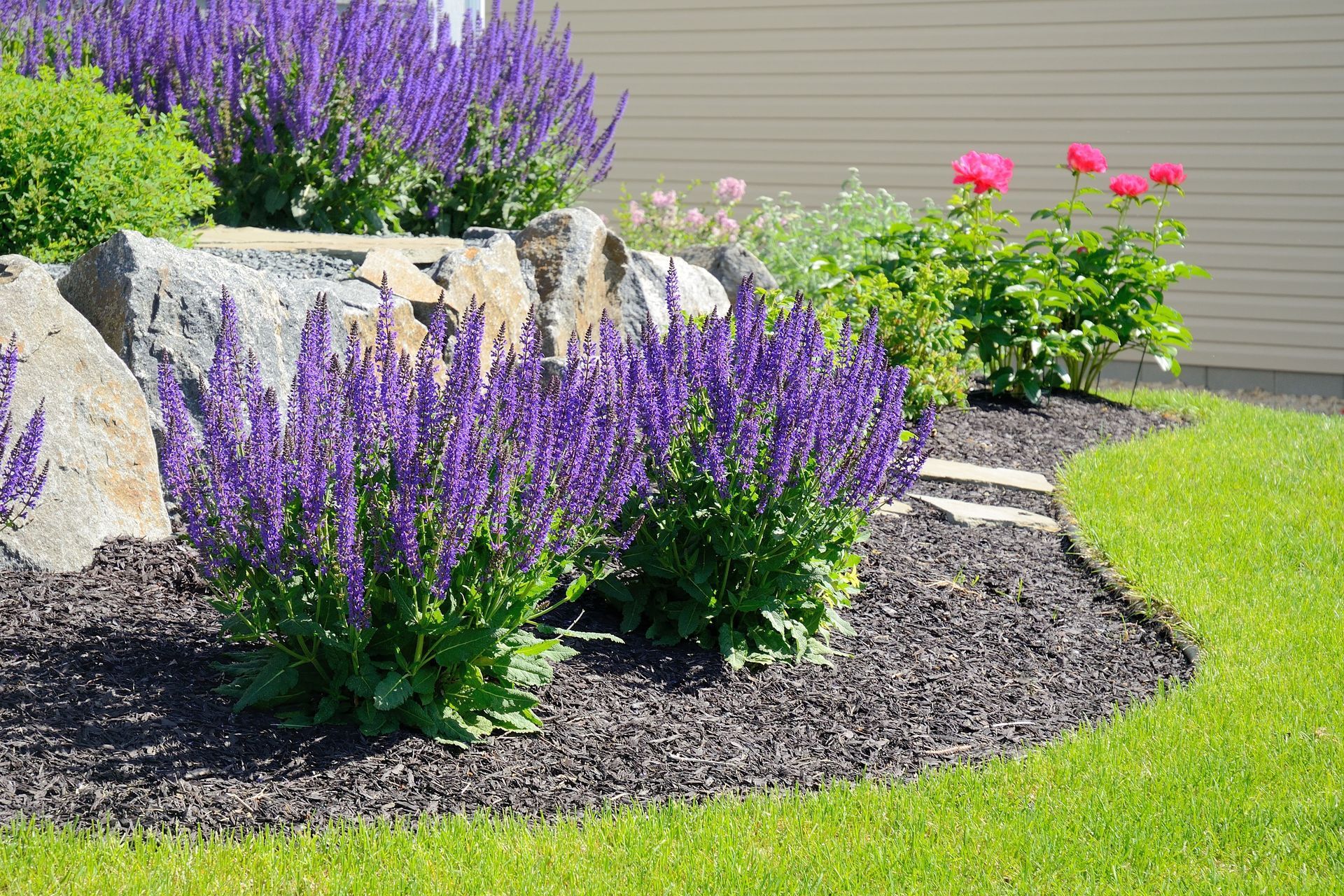
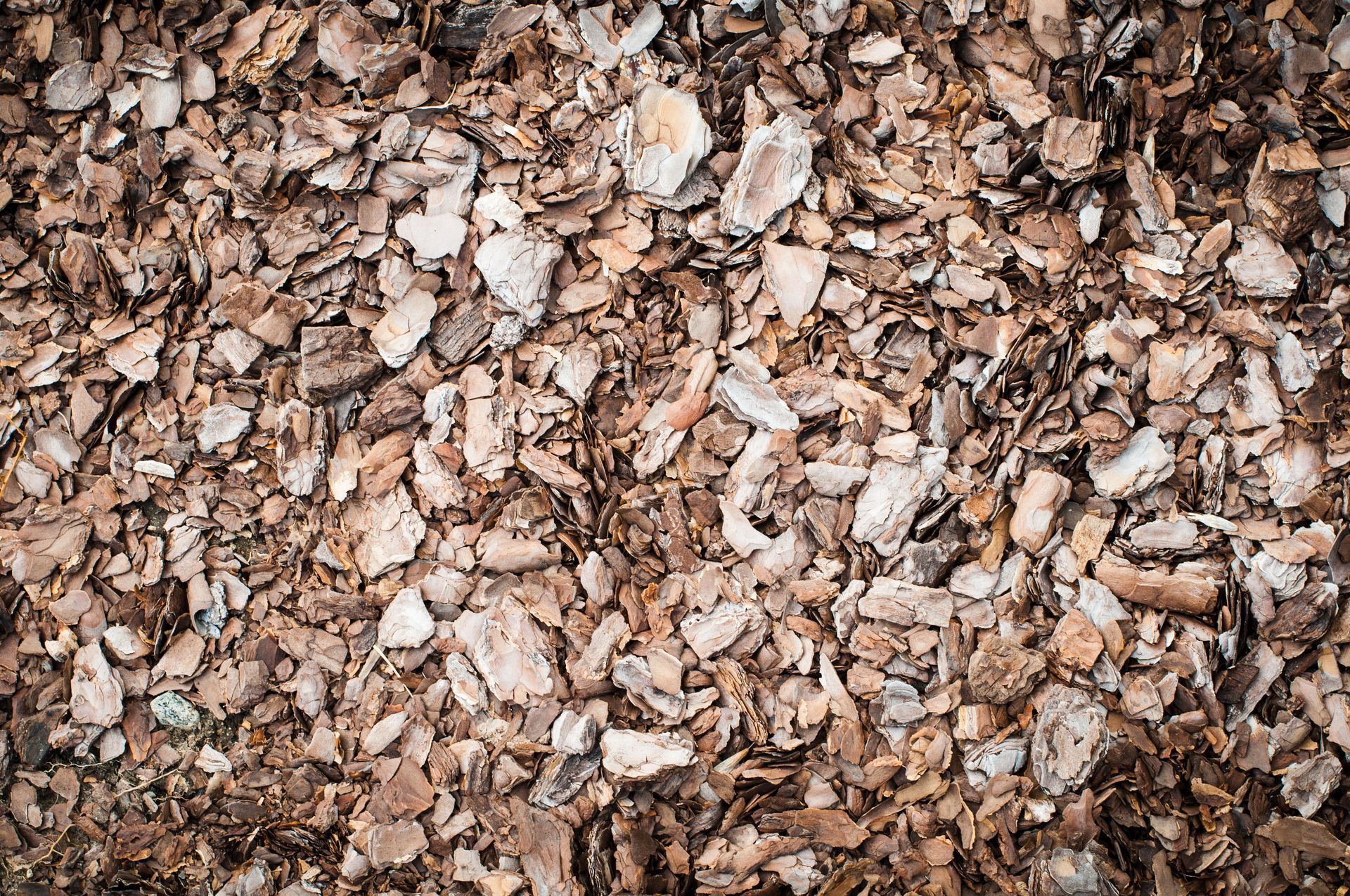
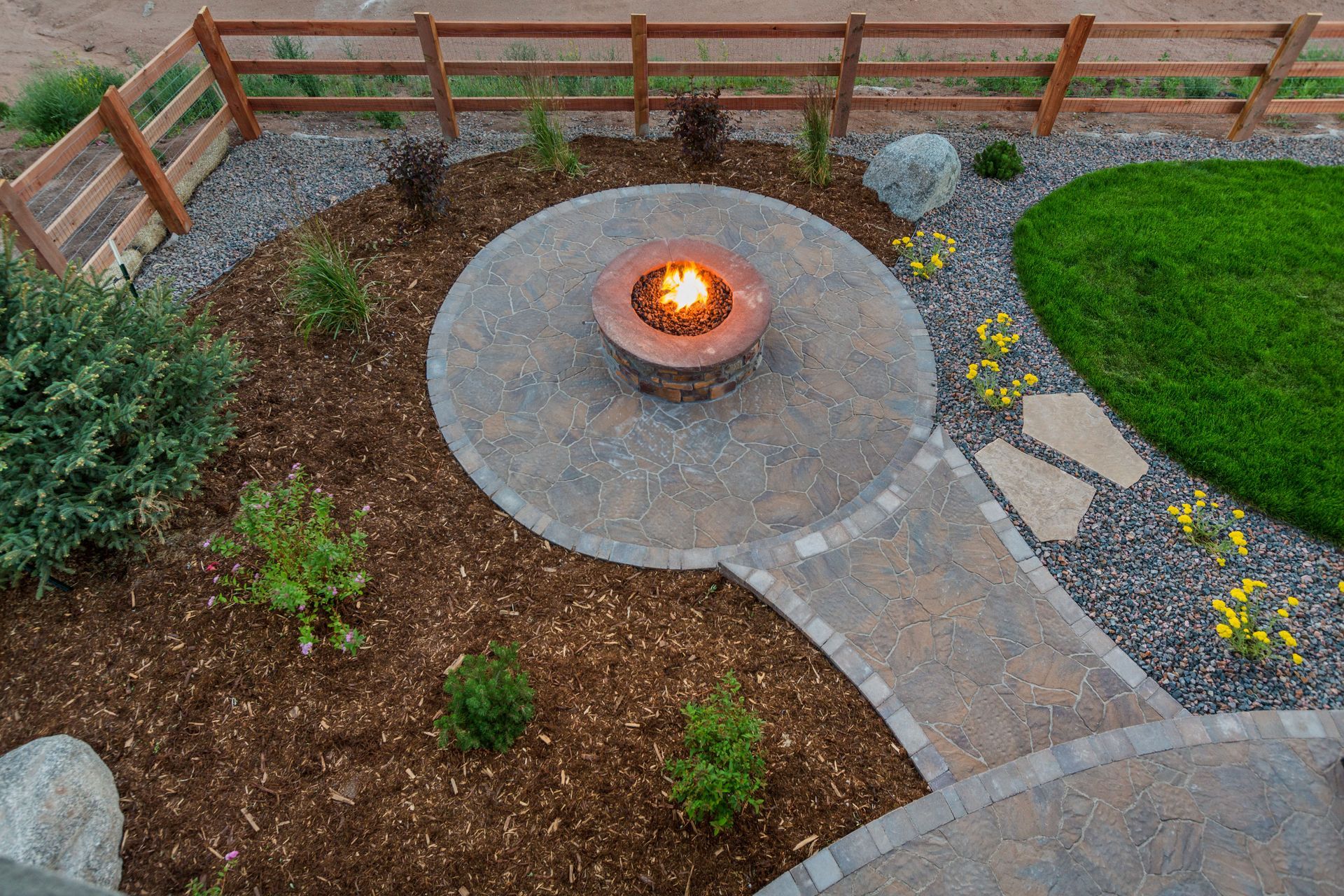
Share On: